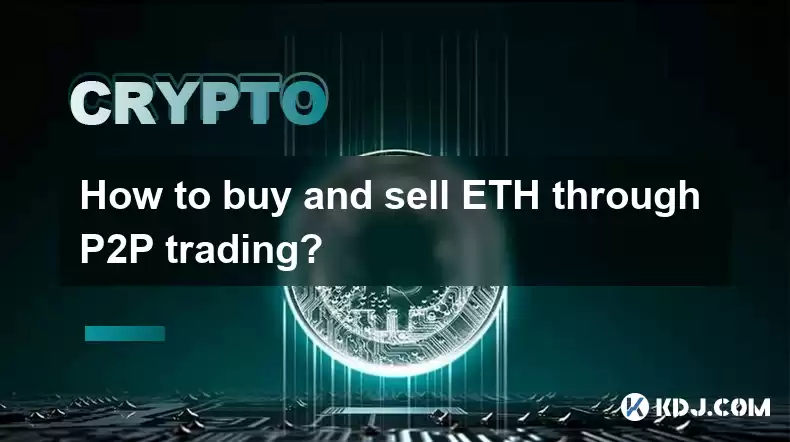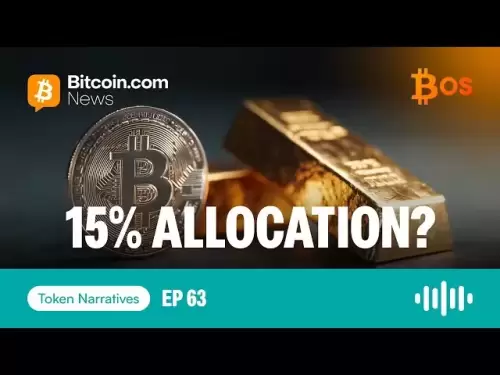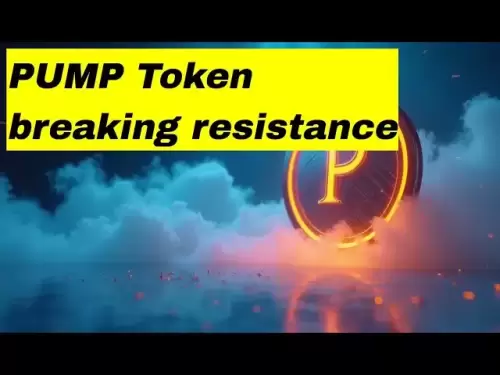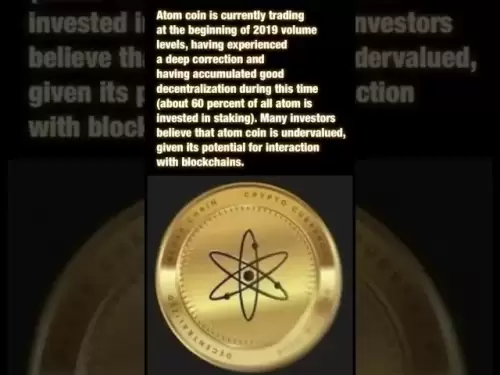-
 Bitcoin
Bitcoin $115200
-2.68% -
 Ethereum
Ethereum $3601
-5.16% -
 XRP
XRP $3.035
-2.96% -
 Tether USDt
Tether USDt $0.9997
-0.04% -
 BNB
BNB $764.5
-5.43% -
 Solana
Solana $168.1
-5.92% -
 USDC
USDC $0.9998
-0.02% -
 Dogecoin
Dogecoin $0.2090
-4.80% -
 TRON
TRON $0.3272
-0.49% -
 Cardano
Cardano $0.7306
-5.00% -
 Hyperliquid
Hyperliquid $39.16
-12.22% -
 Stellar
Stellar $0.3967
-4.96% -
 Sui
Sui $3.566
-5.95% -
 Chainlink
Chainlink $16.55
-6.57% -
 Bitcoin Cash
Bitcoin Cash $552.3
-3.90% -
 Hedera
Hedera $0.2516
-4.69% -
 Avalanche
Avalanche $21.99
-5.75% -
 Toncoin
Toncoin $3.621
-0.28% -
 Ethena USDe
Ethena USDe $1.000
-0.03% -
 UNUS SED LEO
UNUS SED LEO $8.951
0.02% -
 Litecoin
Litecoin $105.9
-3.59% -
 Shiba Inu
Shiba Inu $0.00001232
-5.00% -
 Polkadot
Polkadot $3.640
-5.55% -
 Uniswap
Uniswap $9.048
-7.03% -
 Monero
Monero $301.8
-1.51% -
 Dai
Dai $0.9999
-0.01% -
 Bitget Token
Bitget Token $4.334
-3.66% -
 Pepe
Pepe $0.00001064
-6.17% -
 Cronos
Cronos $0.1367
-5.78% -
 Aave
Aave $259.2
-4.59%
How to buy and sell ETH through P2P trading?
P2P trading allows direct ETH transactions on platforms like LocalEthereum and Paxful, offering privacy and speed without intermediaries.
Apr 20, 2025 at 02:28 am

How to Buy and Sell ETH Through P2P Trading?
Peer-to-peer (P2P) trading offers a decentralized way to buy and sell cryptocurrencies like Ethereum (ETH) directly with other individuals without the need for intermediaries. This method can be faster, more private, and sometimes cheaper than traditional exchanges. Here's a comprehensive guide on how to engage in P2P trading for ETH.
Choosing a P2P Trading Platform
The first step in P2P trading is to choose a reliable platform. Some popular P2P platforms for trading ETH include LocalEthereum, Paxful, and Hodl Hodl.
- LocalEthereum is known for its focus on Ethereum and offers an escrow service to protect both buyers and sellers.
- Paxful provides a wide range of payment methods and a user-friendly interface.
- Hodl Hodl emphasizes security and privacy, with no KYC requirements for most transactions.
When selecting a platform, consider factors such as user reviews, security features, fees, and the variety of payment methods available.
Creating an Account
Once you've chosen a platform, you'll need to create an account. Here's how to do it on LocalEthereum as an example:
- Visit the LocalEthereum website and click on the "Sign Up" button.
- Enter your email address and create a strong password.
- You'll receive a confirmation email; click on the link to verify your account.
- After verification, log in to your account and set up two-factor authentication (2FA) for added security.
Setting Up Your Profile
A well-set-up profile can increase your trustworthiness and make it easier to complete trades. On LocalEthereum, you can:
- Upload a profile picture and fill out your bio.
- Verify your identity if required by the platform. This can sometimes increase your trade limits and build trust with other users.
- Add payment methods you are comfortable using. Common methods include bank transfers, PayPal, and cash deposits.
Buying ETH Through P2P
To buy ETH through P2P trading, follow these steps on LocalEthereum:
- Navigate to the "Buy ETH" section.
- Browse available offers, filtering by payment method, price, and trader reputation.
- Select an offer that suits your needs. Check the trader's feedback and history to ensure they are reliable.
- Click on "Buy ETH" and enter the amount you wish to purchase.
- Follow the instructions provided by the seller. This usually involves sending payment to the specified account.
- Once the seller confirms receipt of payment, the ETH will be released from escrow to your wallet.
Selling ETH Through P2P
Selling ETH through P2P trading involves similar steps but from the seller's perspective:
- Go to the "Sell ETH" section on LocalEthereum.
- Create a new offer by specifying the amount of ETH you want to sell, your preferred payment method, and the price.
- Wait for a buyer to accept your offer. You can also browse existing buy offers and accept one that matches your terms.
- Once a buyer accepts your offer, they will send payment to the agreed-upon method.
- Confirm receipt of payment in the platform's interface to release the ETH from escrow to the buyer's wallet.
Ensuring Safe Transactions
Safety is paramount in P2P trading. Here are some tips to ensure your transactions are secure:
- Use Escrow Services: Platforms like LocalEthereum use escrow to hold funds until both parties confirm the transaction is complete.
- Verify Traders: Check the reputation and feedback of the trader before engaging in a trade.
- Secure Your Wallet: Always use a secure wallet to store your ETH. Hardware wallets are recommended for larger amounts.
- Communicate Clearly: Use the platform's messaging system to communicate with the trader. Keep records of all communications and transactions.
Handling Disputes
Disputes can arise in P2P trading, but most platforms have mechanisms to resolve them:
- Escalate to Support: If you encounter a problem, use the platform's dispute resolution system to escalate the issue to support.
- Provide Evidence: Be ready to provide evidence of payment or non-receipt of ETH to support your claim.
- Stay Calm and Professional: Keep communications professional and focused on resolving the issue.
Frequently Asked Questions
Q: Can I use P2P trading platforms without verifying my identity?
A: It depends on the platform. Some platforms like Hodl Hodl allow trading without KYC for smaller amounts, while others may require identity verification for all transactions.
Q: What are the typical fees associated with P2P trading?
A: Fees vary by platform but typically include a transaction fee (around 0.5% to 1%) and possibly a fee for using escrow services. Always check the fee structure of the platform before trading.
Q: How long does it take to complete a P2P trade?
A: The duration can vary based on the payment method and the responsiveness of the trader. Bank transfers might take a few days, while cash deposits can be quicker. On average, a trade can take anywhere from a few minutes to a few days.
Q: Is it safe to use P2P trading for large amounts of ETH?
A: While P2P trading can be secure, it's generally safer to use it for smaller transactions. For large amounts, consider using reputable centralized exchanges with robust security measures and insurance policies.
Disclaimer:info@kdj.com
The information provided is not trading advice. kdj.com does not assume any responsibility for any investments made based on the information provided in this article. Cryptocurrencies are highly volatile and it is highly recommended that you invest with caution after thorough research!
If you believe that the content used on this website infringes your copyright, please contact us immediately (info@kdj.com) and we will delete it promptly.
- FTX Token's Wild Ride: FTT Drop Amidst Creditor Repayment Buzz
- 2025-08-02 01:30:12
- Navigating the Crypto Market: Bitcoin, Trader Experience, and Avoiding the Noise
- 2025-08-02 00:50:12
- Deep Agents, AI Task Management, and Evolution AI: A New Era?
- 2025-08-02 00:50:12
- SPX6900, BlockDAG, and Miner Sales: A New York Minute on Crypto Trends
- 2025-08-01 23:30:15
- BlackRock, XRP ETF, and Ripple: Is the Perfect Storm Brewing?
- 2025-08-01 22:50:11
- Solana ETF Momentum Builds: Will SOL Join the Institutional Party?
- 2025-08-02 00:10:15
Related knowledge

What is Chainlink (LINK)?
Jul 22,2025 at 02:14am
Understanding Chainlink (LINK): The Decentralized Oracle NetworkChainlink is a decentralized oracle network designed to bridge the gap between blockch...

What is Avalanche (AVAX)?
Jul 22,2025 at 08:35am
What is Avalanche (AVAX)?Avalanche (AVAX) is a decentralized, open-source blockchain platform designed to support high-performance decentralized appli...

What is Polkadot (DOT)?
Jul 19,2025 at 06:35pm
Understanding the Basics of Polkadot (DOT)Polkadot (DOT) is a multi-chain network protocol designed to enable different blockchains to transfer messag...

What is Litecoin (LTC)?
Jul 23,2025 at 11:35am
Overview of Litecoin (LTC)Litecoin (LTC) is a peer-to-peer cryptocurrency that was created in 2011 by Charlie Lee, a former Google engineer. It is oft...

What is Monero (XMR)?
Jul 21,2025 at 10:07am
What is Monero (XMR)?Monero (XMR) is a decentralized cryptocurrency designed to provide enhanced privacy and anonymity for its users. Unlike Bitcoin a...

How to add indicators to Ethereum chart on TradingView?
Jul 19,2025 at 07:15am
What Is an Ethereum Chart on TradingView?The Ethereum chart on TradingView is a visual representation of the price movement of Ethereum (ETH) over a s...

What is Chainlink (LINK)?
Jul 22,2025 at 02:14am
Understanding Chainlink (LINK): The Decentralized Oracle NetworkChainlink is a decentralized oracle network designed to bridge the gap between blockch...

What is Avalanche (AVAX)?
Jul 22,2025 at 08:35am
What is Avalanche (AVAX)?Avalanche (AVAX) is a decentralized, open-source blockchain platform designed to support high-performance decentralized appli...

What is Polkadot (DOT)?
Jul 19,2025 at 06:35pm
Understanding the Basics of Polkadot (DOT)Polkadot (DOT) is a multi-chain network protocol designed to enable different blockchains to transfer messag...

What is Litecoin (LTC)?
Jul 23,2025 at 11:35am
Overview of Litecoin (LTC)Litecoin (LTC) is a peer-to-peer cryptocurrency that was created in 2011 by Charlie Lee, a former Google engineer. It is oft...

What is Monero (XMR)?
Jul 21,2025 at 10:07am
What is Monero (XMR)?Monero (XMR) is a decentralized cryptocurrency designed to provide enhanced privacy and anonymity for its users. Unlike Bitcoin a...

How to add indicators to Ethereum chart on TradingView?
Jul 19,2025 at 07:15am
What Is an Ethereum Chart on TradingView?The Ethereum chart on TradingView is a visual representation of the price movement of Ethereum (ETH) over a s...
See all articles

























































































